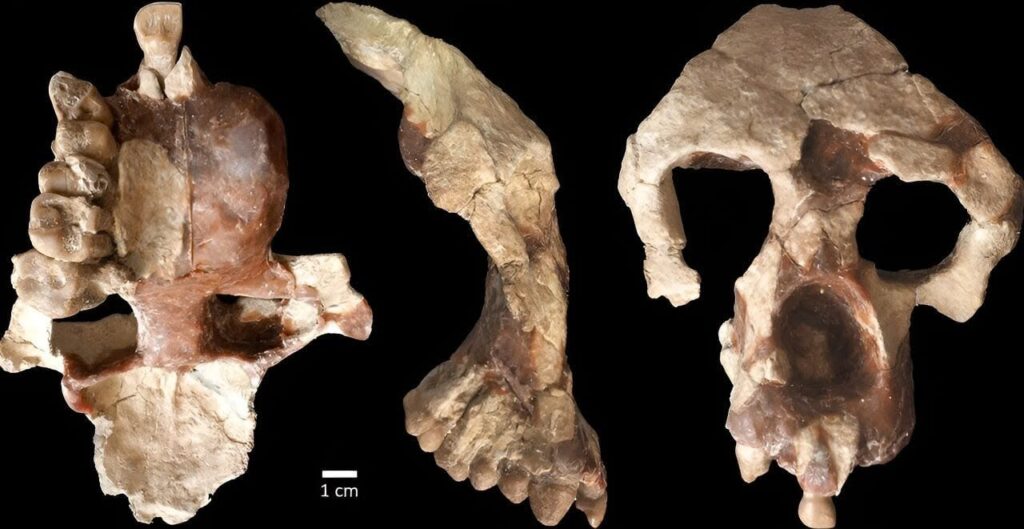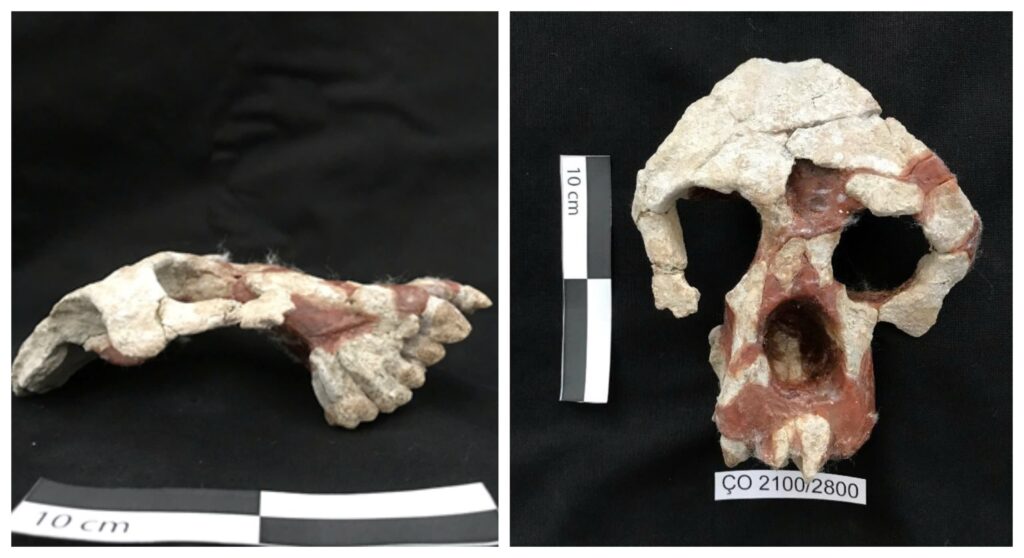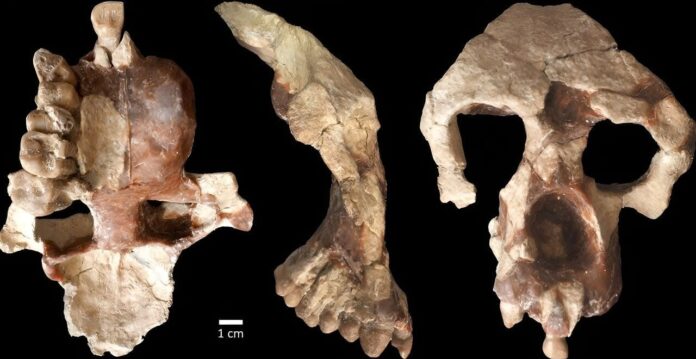Introduction

A groundbreaking discovery in Türkiye is prompting scientists to rethink established theories about human evolution. The recent identification of an ancient ape fossil, Anadoluvius turkae, which dates back 8.7 million years, suggests that our ancestors may have evolved in Europe before migrating to Africa.
The Discovery

The study, published in Communications Biology on August 23, reveals that Anadoluvius was recovered from the Çorakyerler fossil locality near Çankırı, with collaboration from Türkiye’s Ministry of Culture and Tourism. This discovery highlights the diversity of Mediterranean fossil apes and their role in the early radiation of hominines, a group that includes modern African apes, humans, and their ancestors.
Research Insights
Led by Professor David Begun from the University of Toronto and Professor Ayla Sevim Erol from Ankara University, the research indicates that hominines spent over five million years evolving in western and central Europe before moving to the eastern Mediterranean, eventually dispersing into Africa. Begun stated, “The members of this radiation to which Anadoluvius belongs are currently only identified in Europe and Anatolia.”

The fossil’s exceptional preservation allowed for an in-depth analysis, revealing much of its facial structure and the front part of the braincase. This comprehensive data aids in understanding the evolutionary relationships of early hominines.
Understanding Anadoluvius

Anadoluvius was approximately the size of a large male chimpanzee, weighing between 50–60 kg, and likely inhabited dry forest environments. Its powerful jaws and robust teeth suggest a diet rich in tough, terrestrial food sources, similar to what early humans in Africa might have consumed. Coexisting species included giraffes, rhinos, and various antelopes, indicating a rich ecological community that dispersed into Africa after 8 million years ago.
Implications for Human Evolution
The findings position Anadoluvius as a significant branch in the evolutionary tree leading to chimpanzees, bonobos, gorillas, and humans. The study suggests that the ancestors of these species emerged from Europe and the eastern Mediterranean, challenging the long-held belief that human evolution was an exclusively African phenomenon.

The research also indicates that other fossil apes from Greece and Bulgaria share anatomical and ecological similarities with early hominins. This strengthens the argument for a European origin for hominines and underscores the need for further fossil discoveries to clarify this evolutionary narrative.
Conclusion

In conclusion, the discovery of Anadoluvius turkae not only enriches our understanding of ancient apes but also invites a reevaluation of the origins of human evolution. As researchers continue to investigate this intriguing lineage, the evidence hints at a complex history where Europe played a crucial role in the evolutionary journey of our species.

